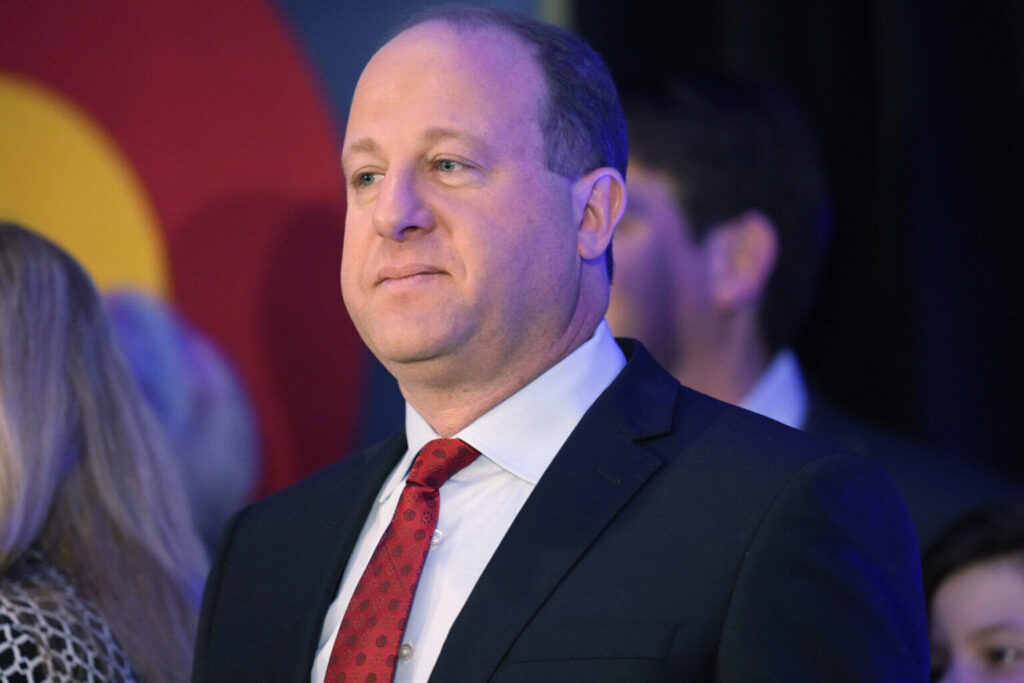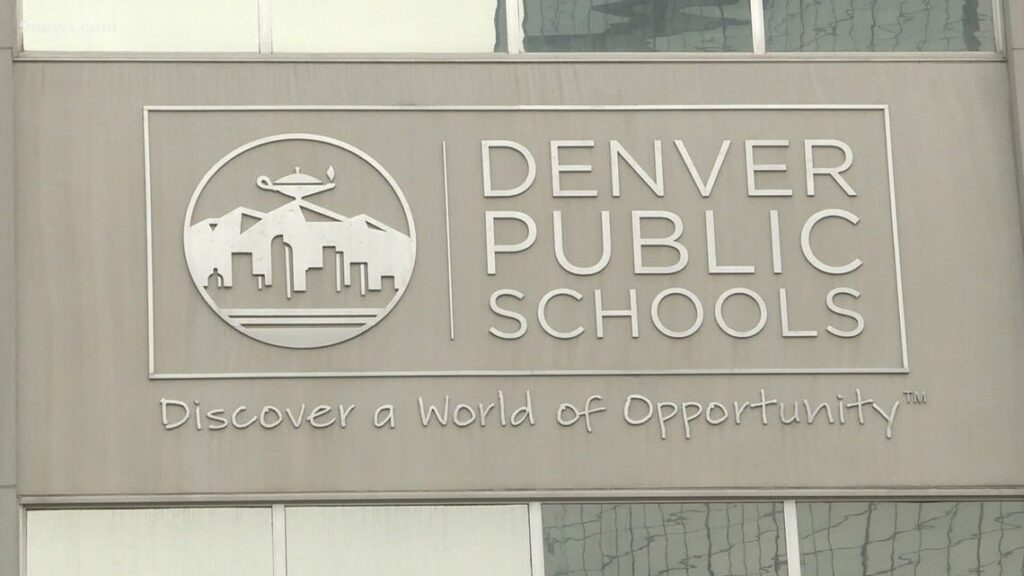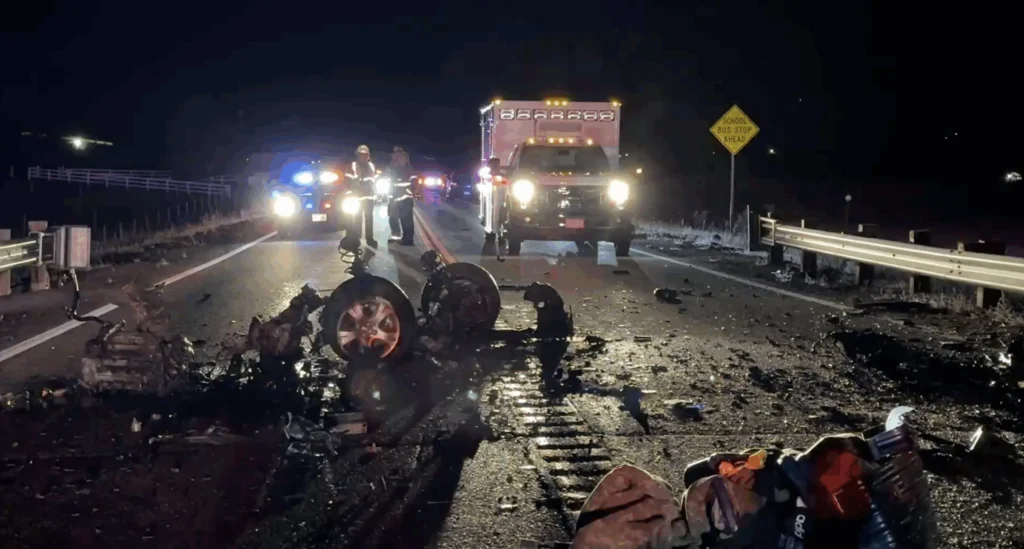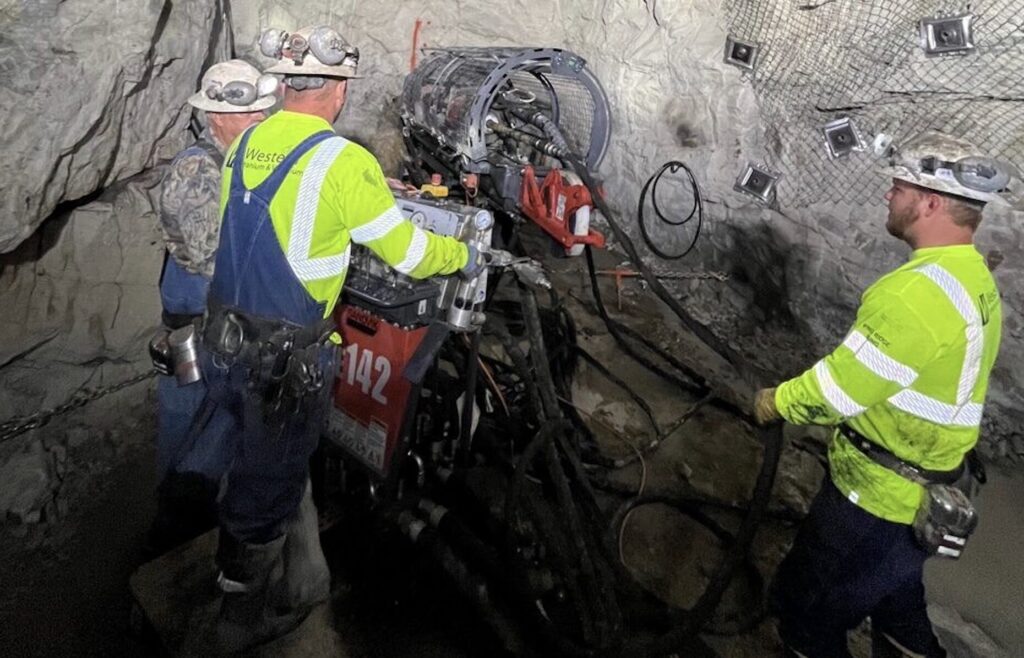EDITORIAL: Tax hike detoured — for now
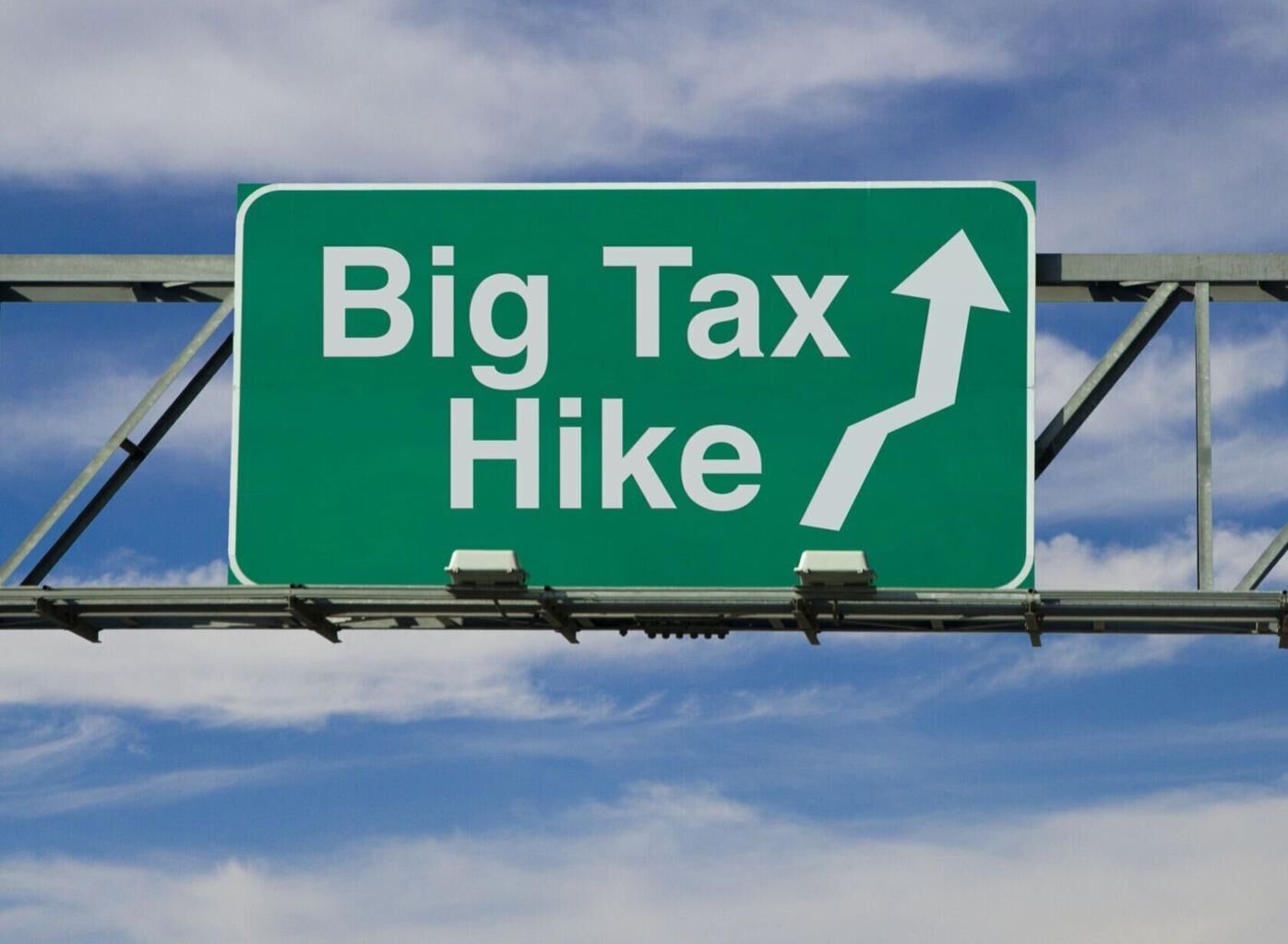
Hard-pressed Colorado taxpayers can breathe a bit easier following the derailment last week of an income tax hike proposed for next year’s statewide ballot.
The state’s Title Board — the official gatekeeper for ballot proposals — rejected an attempt to ask voters to replace the state’s 4.4% income tax on all Coloradans with a graduated, or “progressive” tax. It would impose an array of different tax rates on different income levels in the state and hike taxes on higher-income earners.
The Title Board actually nixed two proposals — slightly different versions of the same scheme, pitched by the same left-leaning groups — ruling that they violated a state constitutional provision limiting such initiatives to a single subject. Thus, they were ineligible for the ballot.
The respite probably won’t last long. The Title Board is set to review another such proposal by the same coalition, which is expected to massage the wording into a single subject.
Of course, even if that version is approved, it still would have a long road ahead of it before making it onto the November, 2026 ballot. Notably, it would have to garner some 125,000 signatures of Colorado voters, and its backers would have to raise enough money for an effective campaign to sell the idea to the public.
As noted here not long ago, Colorado voters have supported limited tax hikes but more often have turned down would-be tax hikers in recent years. The prospects aren’t necessarily any better for this latest money grab. Then again, it’s hard to tell how well a “progressive” tax might play with the public given its tax-the-rich gimmick.
For all the rhetoric about “fairness” that typically is used to promote a progressive income tax, Colorado already has a much fairer income tax in place. Everyone pays their fair share under the state’s “flat” tax because it’s the same proportion of everyone’s household income. Which also means the more you earn, the more you pay; 4.4% of $75,000 in adjusted gross income is $3,000; for an adjusted gross of $250,000, the same percentage nets $11,000. Fair enough?
That generates over $17 billion a year for state coffers — yet it’s not enough for the backers of the progressive tax proposals. They aim to rake in another $2.3 billion a year.
The whole debate presumes Colorado needs an income tax at all. It’s a debatable premise in its own right, and no less a “progressive” Democrat than Colorado Gov. Jared Polis has advocated on several occasions for eliminating the state’s income tax entirely.
After all, an income tax penalizes productivity, i.e., hard work, and undermines prosperity.
Any income tax also puts Colorado on the wrong side of states that don’t tax income — like neighboring Wyoming, Nevada and the second-most-populous state, Texas. Having no income tax is a key draw in luring job-creating investment; raising the income tax, as a progressive tax would, stands to make our state even less competitive.
That has been the point pressed by Advance Colorado, the advocacy group that has gamely fought the progressive tax proposal and helped persuade the Title Board to rule as it did last week. In a recent press statement, the group forewarned, “…the tax hike would chase jobs out of our state, hurt Coloradans and continue to push our revenue down.”
Colorado ought to be looking at ways to get out from under its income tax — as our own governor advocates — rather than digging the hole deeper.







